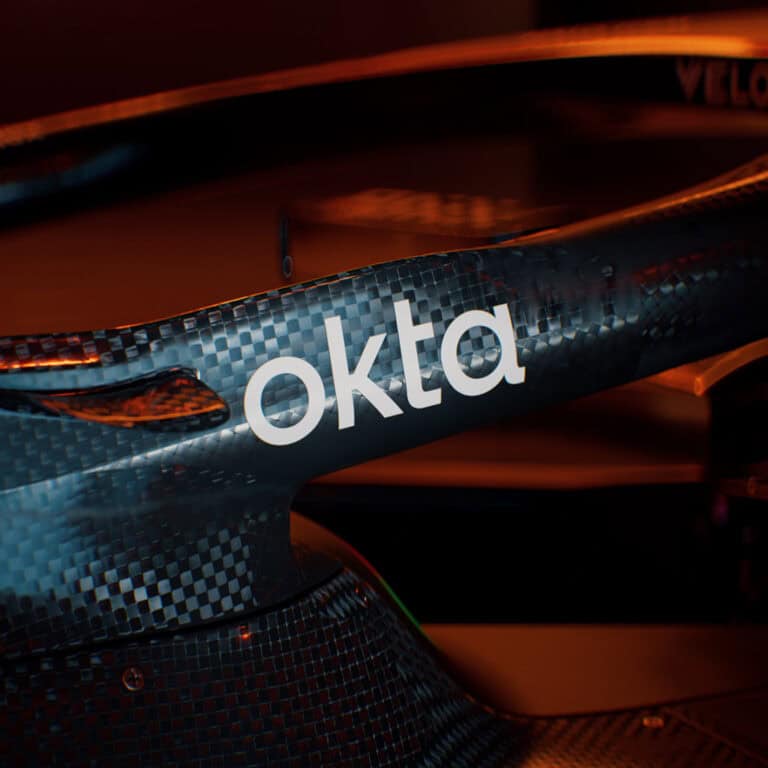Due to the explosion of AI agents, an extension of the OAuth protocol is needed. Okta wants to respond to the unpredictable behaviour of agents with Cross App Access. The end result means organizations no longer need to constantly approve access.
We have already written extensively about the emergence of the Model Context Protocol, the “USB-C for AI.” It connects AI tools to apps in an accessible way. Meanwhile, Agent2Agent (invented by Google) has also grown significantly in popularity. Like MCP, A2A trades built-in security for user-friendliness: app-to-app and agent-to-agent communication is now relatively simple, but free of the usual authentication steps. However, instead of an overly restrictive policy, Okta wants to ensure that organizations do not have to trade security for intuitive connectivity.
Cross App Access: enterprise-ready communication
OAuth has been an open standard for granting digital access for many years. Its main function is to share information without having to provide a password to a third party. Think of logging into a website via a Google account or an access token for part of someone’s online storage.
Agents behave in many ways like human users, but do not fit into the old paradigm of only human users, service accounts, and bots. After all, they behave unpredictably like humans, but like deterministic bots, they rely on programming code. Starting in the third quarter, Okta will make it possible for agents to operate within a new system. At least, some customers will be able to take advantage of this option; it is clearly still a limited, cautious rollout.
Nevertheless, it is a step towards a new type of authentication, in which agents can gain access to a particular service or resource without having to be re-approved every time. Okta’s internal communication app receives the request from an agent within Cross App Access, after which the company policy determines whether access should be granted or not. This means that organizations no longer have to rely on long-term access tokens, with all the risks that entails if they are stolen or the agent is manipulated.
MCP needs security
If we take MCP as an example of agentic AI communication, we see that identity security suddenly needs to be different. The path to a solution does not lie in modifying MCP or A2A to make it guaranteed secure; as with other popular standards, a layer on top is required for enterprise-grade use.
“While we’re actively working with the MCP and A2A communities to improve AI agents’ functionality, their increased access to data and the explosion of app-to-app connections will create new identity security challenges,” said Arnab Bose, Chief Product Officer, Okta Platform at Okta. “With Cross App Access, Okta is excited to bring oversight and control to how agents interact across the enterprise. Since protocols are only as powerful as the ecosystem that supports them, we’re also committed to collaborating across the software industry to help provide agents with secure, standardized access to all apps.”
Read also: Okta extends identity security to non-human users
